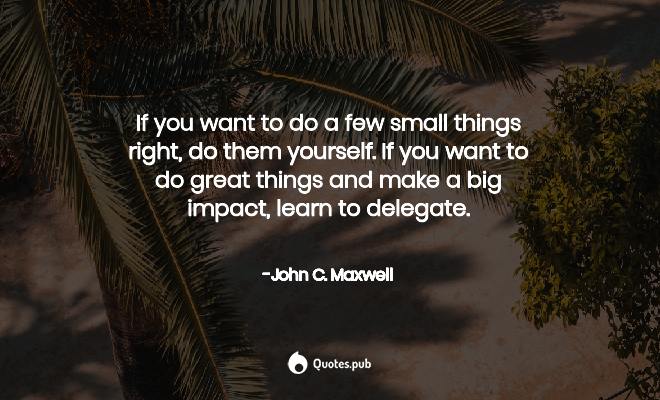

You glance at the clock, it's 7 pm, and you are still in the office. You promised your daughter you would be home early to help with her project. Looking at your pile of work, a feeling of overwhelm begins to wash over you. You know you will be home late again! As you feel guilty at letting your daughter down, you resume work with a sigh.
Suppressing your emotions, you try to focus on the presentation, asking yourself why you did not delegate some portions of it to your team. The answer for you lies in the fact that the client is vital to the organisation, and you felt no one else in the team could accomplish the end product as you do.
Finally, at 8.30 pm, you enter home feeling stressed and exhausted from all the mental and emotional drain you experienced earlier on.
Does this scenario or some parts of it sound familiar to you? As a leader, are you struggling with delegation?
What stops us from delegating to make our lives simpler?
The inability to delegate effectively results from emotional barriers, faulty beliefs, and a lack of understanding of resources available, i.e. people's strengths and abilities.
If you can relate to any of the reasons outlined below that prevent you from delegating effectively, then chances are you are putting emotional and physical strain on yourself, which impacts your well being and sense of balance in both your personal and professional life.
As a leader, if you cannot delegate effectively, the most significant impact on you is that you remain caught in details vs gaining the capacity to be strategic to carry your organisation forward.
Leaders sometimes express frustration at the fact that their teams are not developing fast enough when actually their people simply do not have the opportunity to do so. Not being able to delegate effectively, as a leader you can prevent people from growing and learning.
Tips to help you become comfortable with delegation
It is true, effective delegation is an art and a key leadership skill. It requires executives to develop patience and clarity of communication because you need to complete the delegation cycle each time we delegate.
Here are some tips that can help you developed your leadership skill and competence in the area of delegation
The inability to delegate is one of the biggest problems managers face and yet it is one that has the most significant impact on creating successful businesses and personal lives.

 10 Powerful End-of-the-Year Reflecti ...
Socrates said, “The unexamined life is not worth living.” For leaders, the unexamined year becomes a missed opportunity for intentional growth. ...
Read More
10 Powerful End-of-the-Year Reflecti ...
Socrates said, “The unexamined life is not worth living.” For leaders, the unexamined year becomes a missed opportunity for intentional growth. ...
Read More
 How Emotional Intelligence Builds Ex ...
Leadership is not about being in charge. It's about taking care of those in your charge. -Simon Sinek In today's complex, fast-paced business world, te ...
Read More
How Emotional Intelligence Builds Ex ...
Leadership is not about being in charge. It's about taking care of those in your charge. -Simon Sinek In today's complex, fast-paced business world, te ...
Read More
 5 Ways to Communicate Effectively in ...
Let's face it - Conflict is an inevitable part of life, whether in personal relationships, the workplace, or social settings. Conflict arises when your ideas, needs and beliefs differ from ...
Read More
5 Ways to Communicate Effectively in ...
Let's face it - Conflict is an inevitable part of life, whether in personal relationships, the workplace, or social settings. Conflict arises when your ideas, needs and beliefs differ from ...
Read More